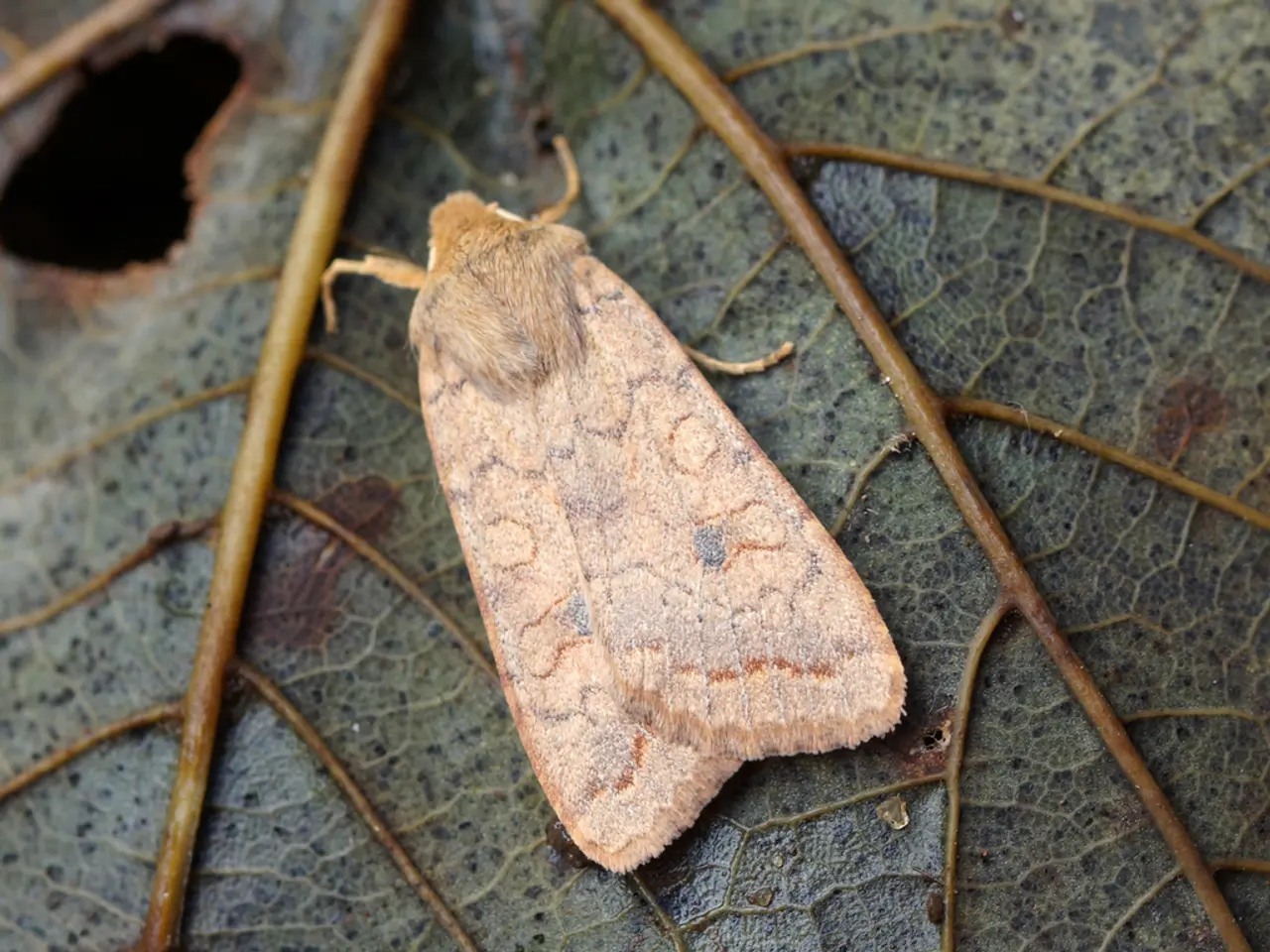Intestinal parasite Ascariasis: Causes, signs, and remedies
Ascariasis, a common parasitic infection caused by the roundworm Ascaris lumbricoides, is a significant health concern in countries with limited sanitation infrastructure, particularly in subtropical and tropical regions. The disease is primarily attributed to environmental and behavioral factors that facilitate the transmission of the parasite.
Poor sanitation and hygiene play a significant role in the spread of ascariasis. The lack of access to clean water, proper sewage disposal, and sanitation facilities leads to contamination of soil and water with human feces containing Ascaris eggs. This creates an environment for the parasite eggs to mature and become infectious.
Contaminated food and water also contribute to the spread of the disease. Consuming food or water contaminated with infective Ascaris eggs can occur when fresh produce or drinking water is irrigated or handled with contaminated water or soil.
The parasite spreads through the fecal-oral route, where eggs shed in human feces enter the mouth via unwashed hands, contaminated food, or water. This mode is especially common in areas without adequate sanitation infrastructure.
Environmental factors such as warm and moist climates favor the survival and development of Ascaris eggs in the soil, increasing infection risk. Semi-urban areas with markets or food outlets selling prepared foods like salads or sandwiches may have higher transmission due to contamination from poor hygiene practices.
People can take steps to avoid ascariasis infections by practicing safe food handling techniques, using modern sanitation equipment, and avoiding travel to places where ascariasis is common. Proper hygiene practices, such as washing hands after using the bathroom, washing utensils and cooking surfaces after each use, and observing and inspecting food preparation spaces for cleanliness, can also help prevent the spread of the disease.
Filtering and boiling water before drinking, avoiding common bathing areas, peeling and cooking any vegetables or fruit grown in unsanitary conditions, and ensuring children clean their hands with soap and water after playing outside are additional preventive measures.
If left untreated, ascariasis can lead to complications such as a blockage in the ducts that connect to the liver or pancreas, a blockage in the intestine causing pain and vomiting (a medical emergency), stunted growth and nutritional deficiencies in children, and in some cases, surgery may be necessary to remove large numbers of worms or if the infestation blocks a portion of the intestine.
The most common method of diagnosing ascariasis is through a stool sample, where a doctor looks for the parasite's eggs using a microscope. Imaging techniques such as endoscopy, computed tomography (CT) scan, magnetic resonance imaging (MRI), ultrasound, X-ray, may also be used to determine the number of worms and their location.
A doctor will treat most cases of ascariasis with antiparasitic drugs. In some cases, additional treatment options may be considered for severe infestations. Once identified, a person can often expect a full recovery after treatment.
It can be difficult for a doctor to diagnose early infestations as the eggs may not be present. However, symptoms such as abdominal pain or discomfort, loss of appetite, vomiting, worms visible in stool, impaired growth in children, weight loss, nausea, diarrhea, regular bowel movements, fever, discomfort in the chest, gagging cough, bloody mucus, shortness of breath, wheezing, and in rare cases, aspiration pneumonia may indicate the presence of ascariasis.
In conclusion, ascariasis is most commonly caused by poor sanitation, lack of clean water, fecal contamination of soil and food, and inadequate hygiene practices in countries with limited sanitation infrastructure. By practicing good hygiene and sanitation, and taking preventive measures, individuals can significantly reduce their risk of contracting ascariasis.
- Proper hygiene practices, such as washing hands, are crucial in preventing the spread of ascariasis, a disease primarily attributed to environmental and behavioral factors.
- The lack of access to clean water and improper sewage disposal contributes to the contamination of soil and water with Ascaris eggs, creating an environment for the parasite's growth.
- Consuming food or water contaminated with infective Ascaris eggs can lead to ascariasis, often through the fecal-oral route.
- Warm and moist climates favor the survival and development of Ascaris eggs, increasing the infection risk in subtropical and tropical regions.
- Semi-urban areas with markets or food outlets may have higher transmission rates due to contamination from poor hygiene practices.
- Practicing safe food handling techniques, using modern sanitation equipment, and ensuring children clean their hands can help prevent ascariasis infections.
- Filtering and boiling water before drinking, avoiding common bathing areas, peeling and cooking vegetables, and ensuring hand hygiene after playing outside are additional preventive measures.
- If left untreated, ascariasis can lead to complications like liver and pancreas duct blockages, intestine blockages causing pain, and nutritional deficiencies in children.
- A stool sample is the most common method for diagnosing ascariasis, but imaging techniques may also be used to determining the number of worms and their location.
- Antiparasitic drugs are usually the treatment for ascariasis, with additional options for severe infestations.
- Diagnosing early infestations can be challenging as the eggs may not be present, but symptoms like abdominal pain, vomiting, worms in stool, and impaired growth in children may indicate the presence of ascariasis.
- Ascariasis is a significant health concern in countries with limited sanitation infrastructure, and practicing good hygiene and sanitation can reduce the risk of infection.
- In addition to ascariasis, health-and-wellness concerns such as eye-health, hearing, digestive-health, skin-care, mental-health, and men's-health require ongoing attention for maintaining overall well-being.
- Therapies-and-treatments, nutrition, fitness-and-exercise, aging, weight-management, cardiovascular-health, medicare, cbd, neurological-disorders, skin-conditions, parenting, and autoimmune-disorders are other important aspects of health-and-wellness that individuals should consider for a holistic approach to their health.








